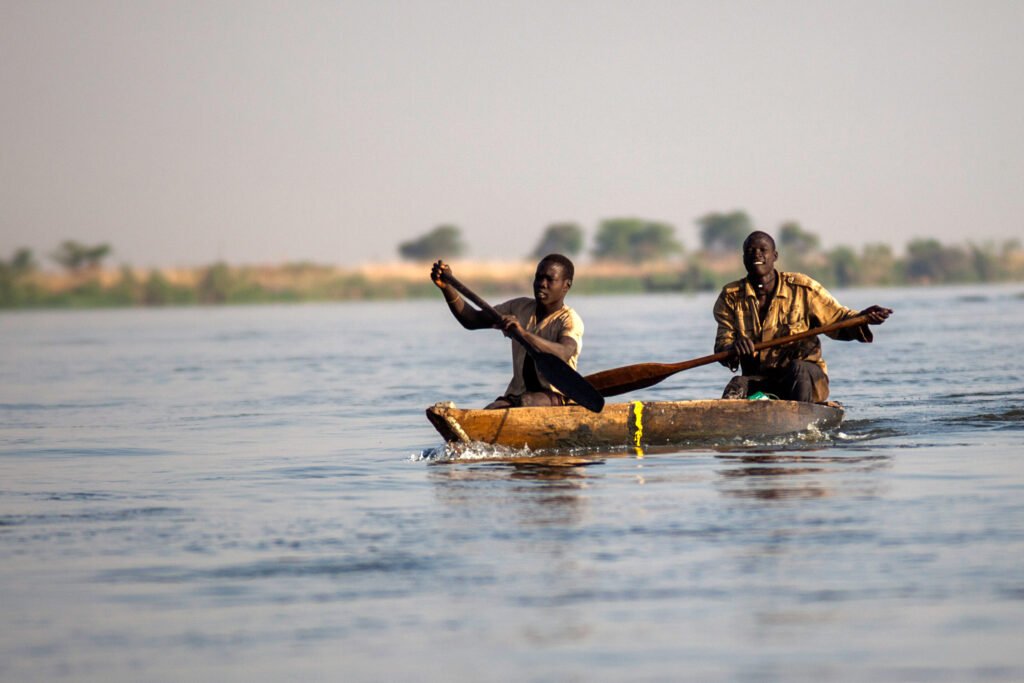After unpacking the boxes, the fish mongers take note of the count, confirm with the riders and hand them the money for the previous day’s sales. As soon the riders verify it is the right amount, they jump onto their bikes, heading back to Terekeka, a fishing town on the western bank of the Nile.
Gudele is one of several markets in Juba that is nowadays flooded with fresh fish from Terekeka, unlike the years before 2022 when much of the commodity was imported from neighbouring Uganda. The increased fish supply is thanks to a community resilience project implemented by UN Food and Agriculture Organisation (FAO) in Bor and Terkeka areas following the devastating effect of Covid-19 and floods on local livelihoods.

